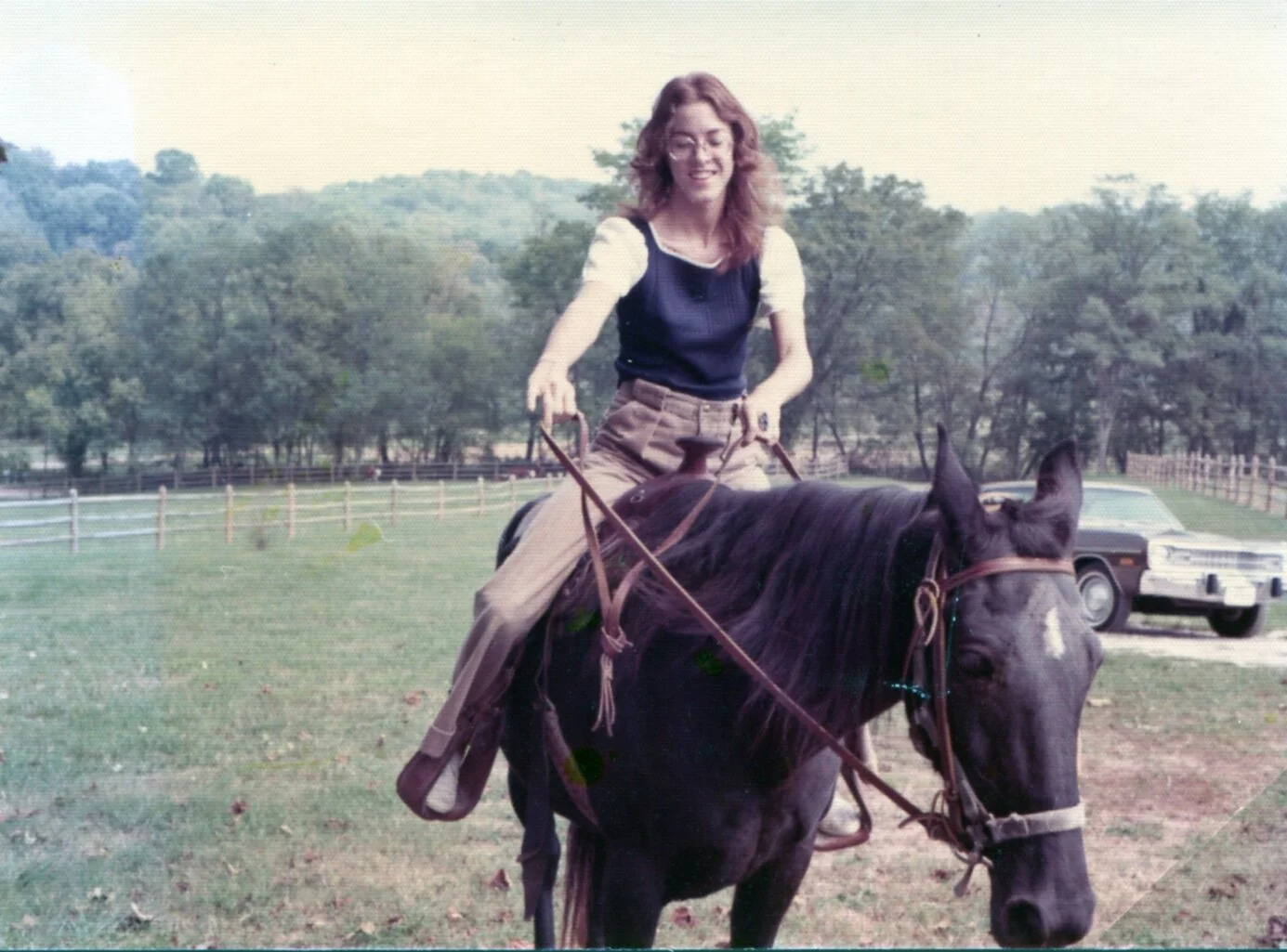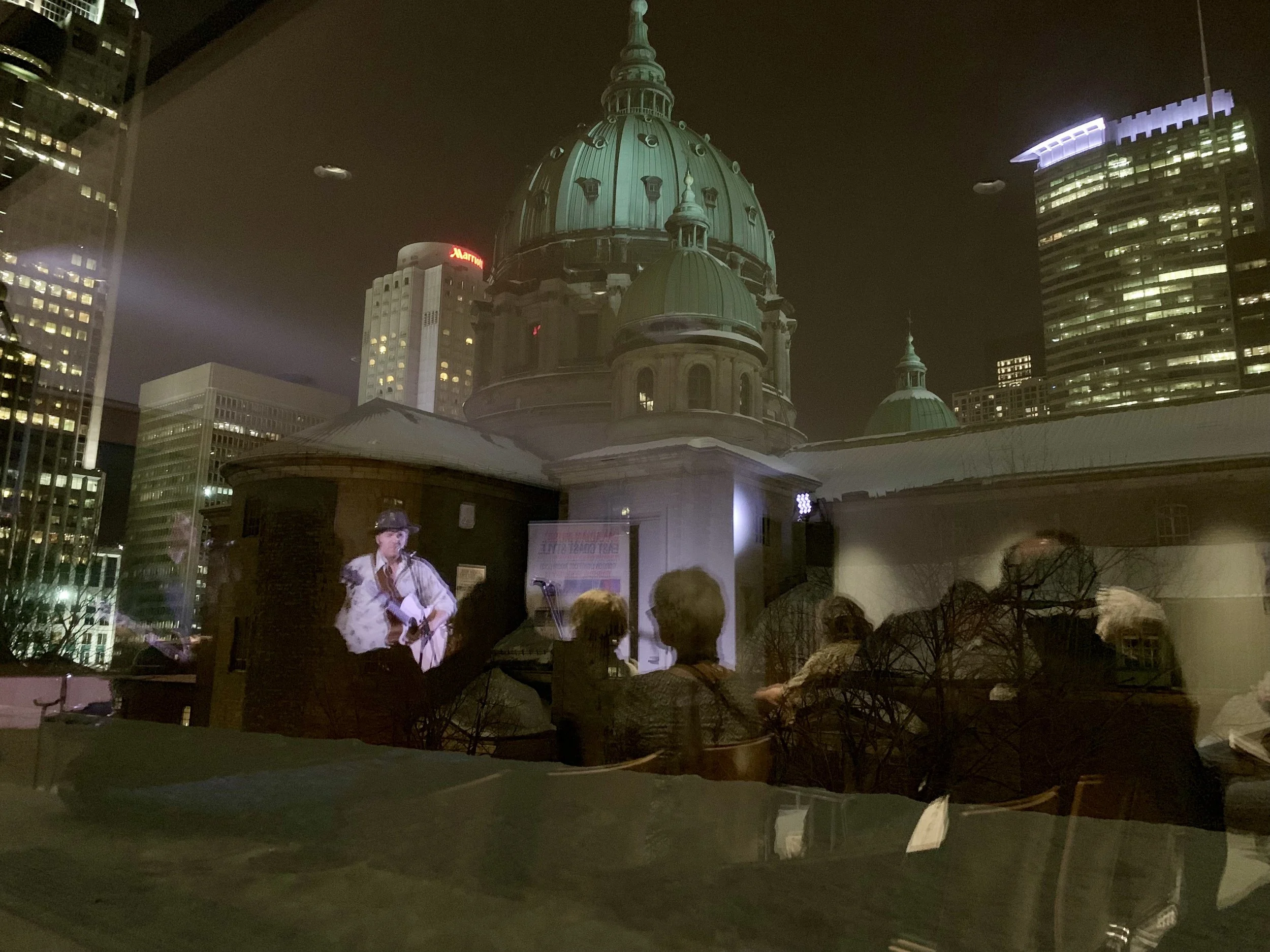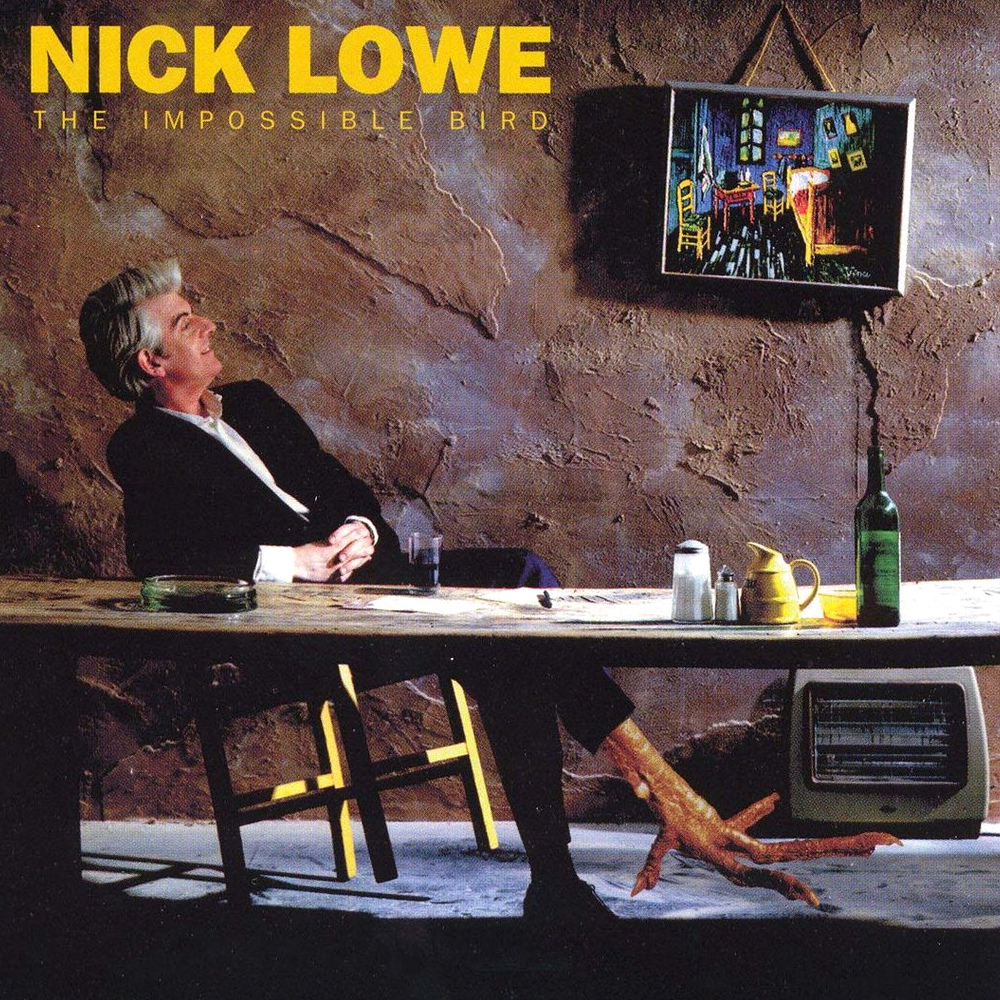John Ewing Clark - October 4, 1928 - March 31, 2023
On March 31st my father, John Ewing Clark, passed away. He was in home hospice for over a year. Sometimes, when Dad would have a complication, a physician or those caring for him would say he would be gone in a week and then, suddenly, he would rebound and we would joke that it was just “like a Clark” to keep on keeping on. My dad’s side of the family seemed to have strong hearts and would live well into their 90s. Sometimes Dad would say he was ready to go and other times he would talk about how he was going to live to a hundred. After all, there was always another birthday up ahead. He was 94 when he died.
When I would visit him, he would sometimes look at a framed photo of my mom in her wedding dress and he would talk to her about when he would join her in heaven. His faith was so powerful and hearing him talk to her was enough to turn the most ardent doubters into believers of an afterlife. He slept in the bed where mom had passed away several years earlier.
During his last few hours in his body, he was no longer talking and his eyes were closed most of the time. His breathing was increasingly labored as it was apparent he was entering active transitioning. My sister Beth, my daughter Sarah and I stood by his bed and held his hands and stroked his head as we each told him how much we loved him and were thankful for him. We told him that we were fine and that it was okay to pass on. Beth laid a photo of mom on his chest.
Dad opened his eyes about an hour before he passed. Beth, Sarah and I took turns gazing into his eyes, when we noticed his quiet tears emerging. It is hard to convey the power of those moments. He would look right into us and then look somewhere off. It was almost like he was torn between being with us and whatever lay ahead for him. I was holding his hand and looking deeper into his eyes, exchanging a lifetime of memories and feelings, when he passed away. The moment was so still and peaceful.
My mother's song for my Dad was "Something Wonderful" from the Rodgers & Hammerstein play The King and I. It was a song of committed love to a very complicated and idealistic man, just like my Dad. This was a man who wanted to go into seminary and serve people through the church. His father refused to pay for seminary, saying he would pay for college if his son would go to become an engineer. So Dad went to Purdue and became an engineer after he graduated, married my Mom and soon they had a family with two girls and me. With seminary out of the question and a family to support, Dad became an insurance salesman, believing he could help people that way. He was successful for a number of years, but eventually became frustrated at how the insurance companies made it hard for clients to receive proper care. Like I said, he was idealistic. He left the insurance business and spent the rest of his life trying to make a meaningful difference to those around him. When my parents moved from Atlanta to be near us in Columbia, TN, the community here and those in their immediate 55-and-up neighborhood immediately saw how special they were and loved them.
Historically, I’ve always been the level “strong one” when crisis or tragedy happens and I dive into tackling things in problem-solving mode. Tears come later, if and when they do. When Dad passed, I felt that fleeting “be the strong one, Rick” energy start to kick in, but for once, I ignored it and broke down and uncontrollably wept. Once I stopped, the air felt lighter, and I felt a deep peace in the room. We then decided to break open a bottle of red wine, poured each a glass and stood around Dad and gave tribute to a man who deeply loved his family and life.
I have no idea when that time will come when I, and those who I hold dear, will pass on, but I do know that developing a spirit of gratitude is at the core of having a life with meaning. I’m so thankful for having been with Dad during those final hours. I’m thankful for my lovely daughter, Sarah, my sister Beth and Mary, who is my earth and sky. To be blessed with my parents and to acknowledge their lives is a kind of living prayer and all I can say is “thank you.”






